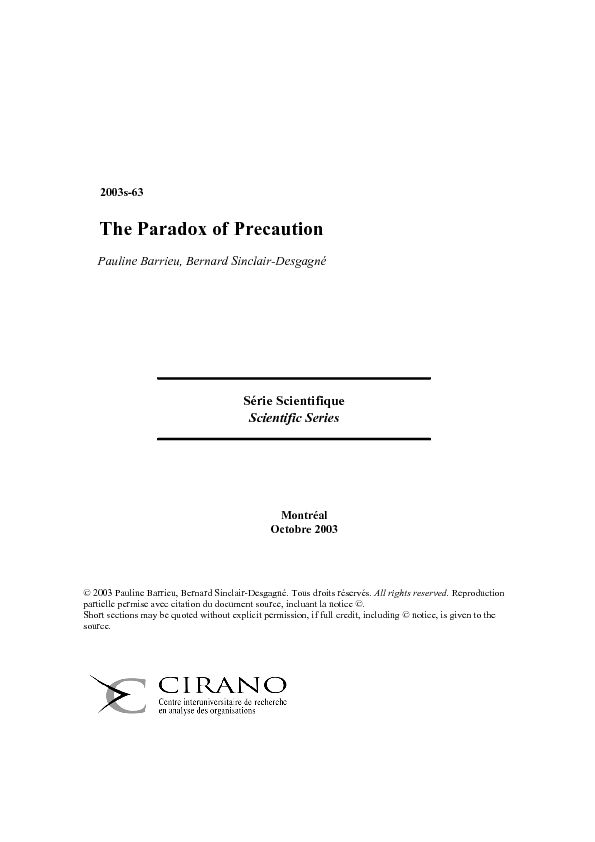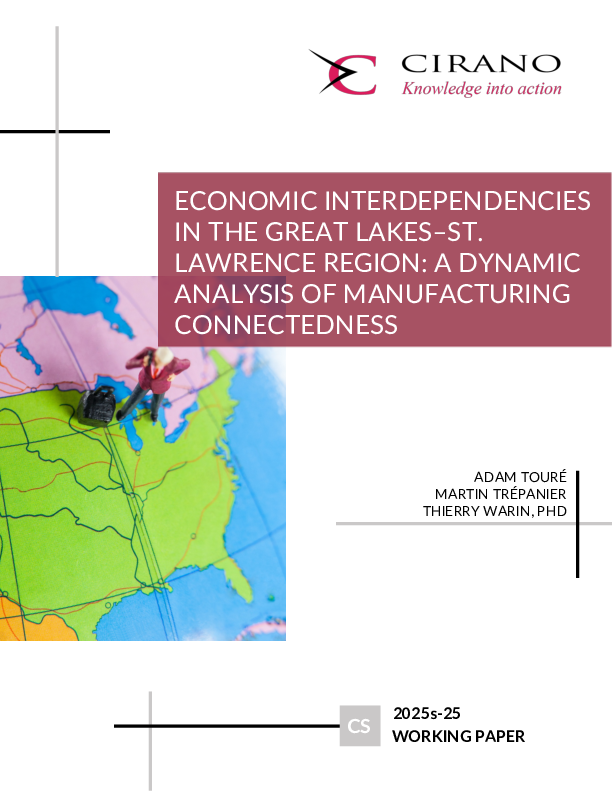The Paradox of Precaution
In the United States and most industrialized countries, regulatory policies and decision-making pertaining to food safety, occupational health and environmental protection are science-based. The actual pace and complexity of technological innovation, however, make it increasingly necessary to deal with situations where science cannot yet provide a definite picture. In this context, a now widely invoked rule, known as the 'Precautionary Principle', recommends to 'err on the side of preservation' until better scientific information becomes available. We draw a formal representation of this statement, and we show that it exhibits a logical contradiction. This negative result conveys a clarification of the type of actions science-based regulation should consider in the presence of scientific uncertainty.
[ - ]




